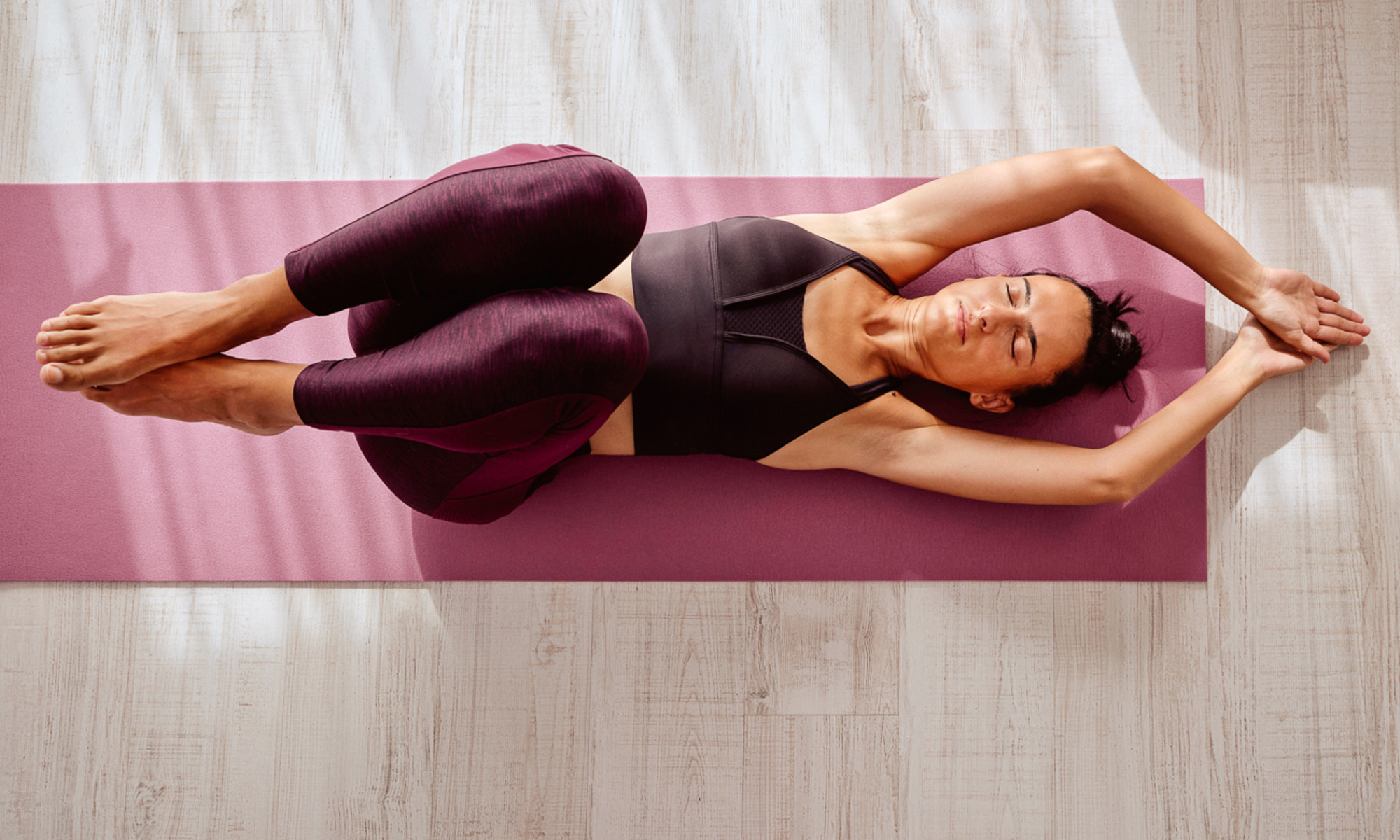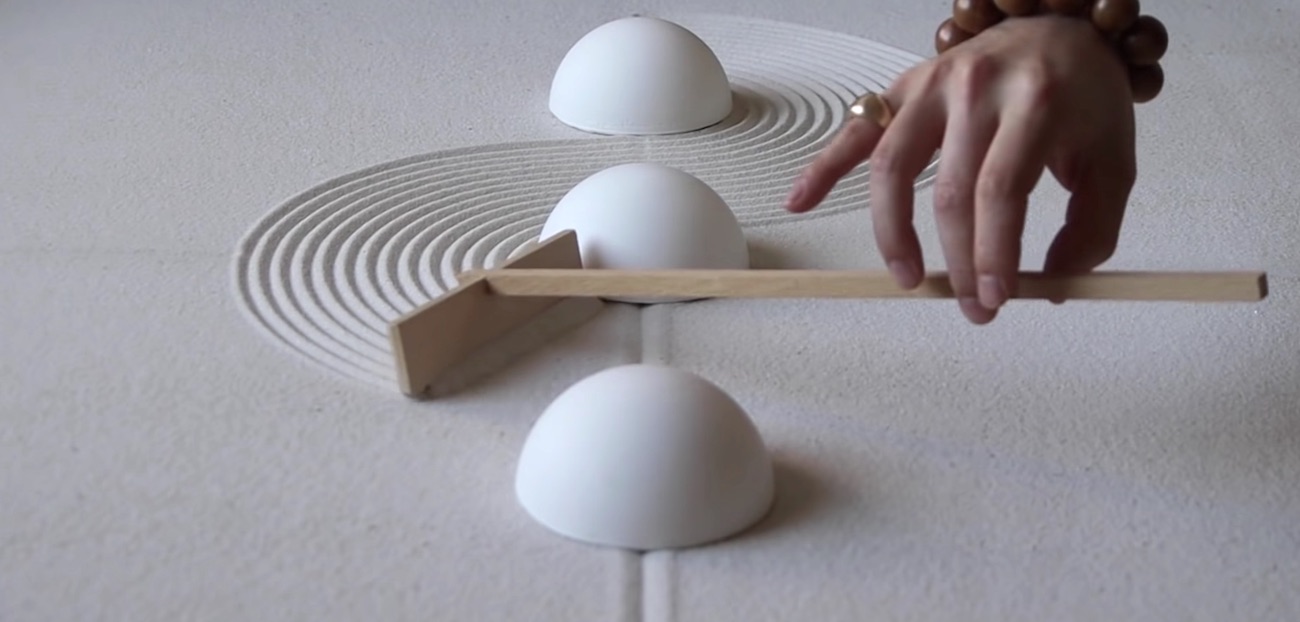Yoga vs. Stretching: New Science Says One Is Better For Well-Being
Something to consider the next time you grab your mat.

Image by Addictive Creatives / Stocksy January 8, 2023 It's easy to take a yoga class and think: Isn't this just stretching? Well, a new study published in the Canadian Journal of Cardiology investigated exactly this question—and the answer is no. In fact, this new research shows that yoga isn't just different; it has additional benefits that stretching alone does not.
Advertisement
This ad is displayed using third party content and we do not control its accessibility features.
Studying the difference between yoga & stretching.
The three-month study was conducted on a group of 60 participants with existing hypertension and metabolic syndrome. The researchers divided the participants into two groups, both of which had to do 30 minutes of aerobic exercise training five times a week. Then, one group added 15 minutes of structured yoga, while the other group added structured stretching to their routine.
The researchers collected data on the health of the participants and observed markers like blood pressure, body size and shape, C-reactive protein (a common marker of inflammation), glucose and lipids levels, as well as overall cardiovascular risk.
After three months, the data collected showed that both groups had a decrease in resting systolic and diastolic blood pressure, mean arterial blood pressure, and heart rate. But systolic blood pressure was reduced by 10 mmHg in the yoga group compared to only 4 mmHg in the stretching group. The yoga approach also reduced resting heart rate and 10-year cardiovascular risk assessed using Reynold's Risk score, which is a person's risk of having a heart attack before the age of 60.
Interpreting these results.
Not to knock stretching (which is a key component of a healthy recovery routine), but yoga seems to have additional benefits that researchers are hoping to study in the future. They may have something to do with yoga's focus on the breath and mind-body connection, which differentiates it from stretching alone. As a lead investigator Paul Poirier, M.D., Ph.D., explained in a news release, "Our study shows that structured yoga practices can be a healthier addition to aerobic exercise than simply muscle stretching."
Everyone's ideal movement routine will be a little different. But if you're a busy person looking to get the most benefit in the shortest amount of time, turning on a 15-minute yoga video may be more effective than a 15-minute stretching routine (especially if you're craving some relaxation and stress relief).
If you're looking for more inspiration to get on the mat, know that in addition to cardiovascular health, yoga has been shown to benefit bone and joint health, which are key to staying limber and active throughout your life.
To support mobility and healthy bones and joints, you can start with this 15-minute yoga routine—which is the same duration as the yoga session in the study. Combine it with other mobility-supporting habits like eating high-quality proteins and healthy fats and taking a supplement that supports joint health and fends off inflammation that can sabotage your mobility. Here's a list of solid options to start with.
Advertisement
This ad is displayed using third party content and we do not control its accessibility features.
The takeaway.
Whether it's flexibility, mobility, stress relief, or self-esteem, we've all heard about the many (many!) benefits of yoga. And yet, plenty of us have not rolled out a mat for the very first time or committed to a regular practice. This new study gives us yet another good reason to incorporate yoga into our well-being routine in the year ahead.
Advertisement
This ad is displayed using third party content and we do not control its accessibility features.

 Tfoso
Tfoso 






























.jpeg&h=630&w=1200&q=100&v=a905e78df5&c=1)

